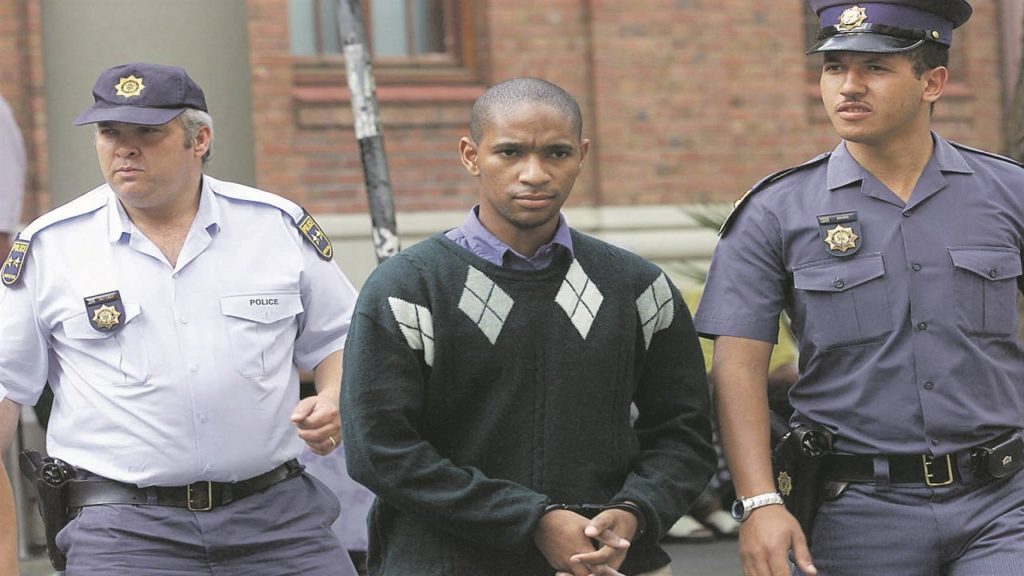The man responsible for the murder of South Africa’s former first lady, Marike de Klerk, is scheduled to be released on parole by the end of August.
Luyanda Mboniswa, who carried out the crime at the age of 21, was employed as a security guard at the apartment complex where the former first lady lived. In December 2001, Mrs. de Klerk, aged 64, was tragically killed through stabbing and strangulation in her residence in Cape Town.
Mboniswa not only took her life but also stole valuable possessions, including a mobile phone, a gold watch, and money. He was apprehended two days after committing the crime. In May 2003, he was handed down a life sentence for the murder and an additional life term for robbery with aggravating circumstances.
Now, twenty years later, Mboniswa has undergone a review for potential parole placement, having served the required minimum sentence. He will be integrated into the community corrections system, where he will be expected to adhere to a specific set of parole conditions for the remainder of his life, as stated by Singabakho Nxumalo, the spokesperson for the prisons department.
Who is Marike de Klerk
Marike de Klerk had held the role of South Africa’s first lady from 1989 to 1994. Her husband, Frederik Willem de Klerk, served as the country’s final president during the apartheid era. Their marriage concluded in 1996.
As per the Department of Correctional Services, Mboniswa’s parole placement adheres to the provisions of the Correctional Services Act, as he has completed the mandated minimum term of imprisonment.
“In accordance with the Correctional Services Act, Mboniswa’s eligibility for parole placement was assessed following the fulfillment of the minimum stipulated time. The parole placement procedure commenced with the creation of Mboniswa’s profile by the case management committee, followed by deliberation by the correctional supervision and parole board.”
“The national council for correctional services also reviewed the profile before its submission to the minister of justice and correctional services for a final determination. Under section 78 of the Correctional Services Act, the minister is granted the authority to make decisions concerning individuals sentenced to life imprisonment,” stated the department in an official communication.
Upon his release, Mboniswa will enter the community corrections system, obligating him to adhere to a specific set of parole conditions for the duration of his life. A designated monitoring official will be assigned to oversee his compliance with these conditions.
Standard parole conditions will be enforced, encompassing limitations to his designated jurisdiction and refraining from contacting the victim’s family. Additionally, he will be required to promptly inform the monitoring official of any changes to his residential address.
The Department of Correctional Services emphasized that parole forms a vital component of the rehabilitation program aimed at reforming an offender’s conduct, potentially entailing participation in ongoing initiatives within the community corrections framework.










